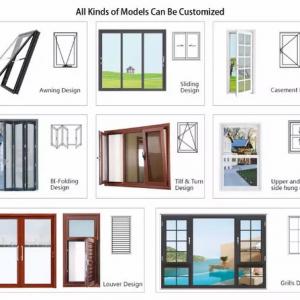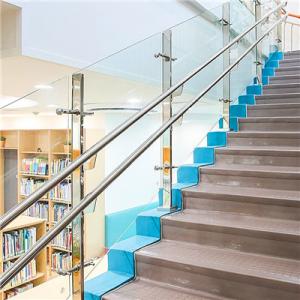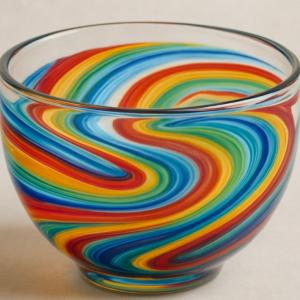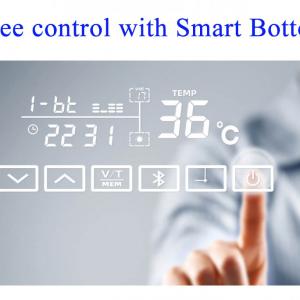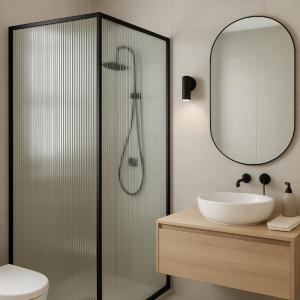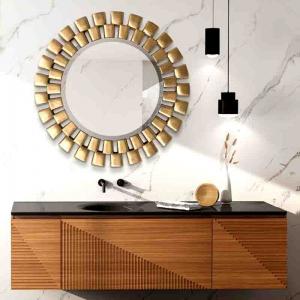Introduction to Vacuum Glass and Its Applications
What is Vacuum Glass?
Vacuum glass, also known as vacuum insulated glass (VIG), is an advanced type of glazing technology designed to provide superior thermal insulation and soundproofing compared to traditional double or triple-glazed windows. It consists of two or more glass panes separated by a vacuum or low-pressure gas-filled space. The vacuum layer between the glass panes acts as an excellent insulator, minimizing heat transfer and enhancing energy efficiency.
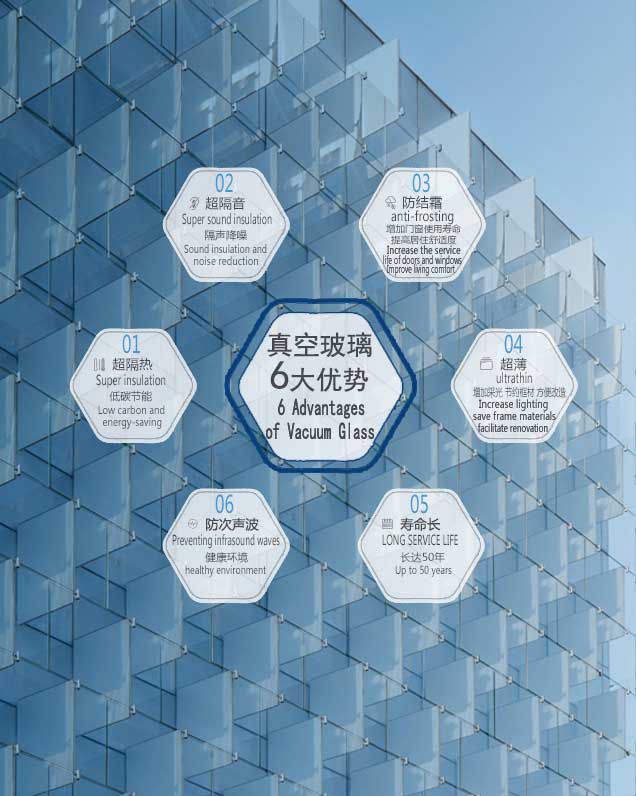
The Structure of Vacuum Glass
The construction of vacuum glass involves several key components:
Glass Panes: Two sheets of glass form the outer layers. These panes can be made from various types of glass, such as tempered or laminated glass, depending on the specific application requirements.
Vacuum Space: The space between the glass panes is evacuated to create a vacuum. This vacuum layer significantly reduces thermal conductivity and prevents convection and radiation heat transfer.
Edge Seals: The edges of the glass panes are sealed with an airtight material to maintain the vacuum and ensure long-term performance.
Support Pillars: Tiny pillars are placed between the panes to maintain the gap and prevent the glass from collapsing due to atmospheric pressure.
Advantages of Vacuum Glass
Superior Thermal Insulation
One of the most significant benefits of vacuum glass is its exceptional thermal insulation properties. Traditional double-glazed windows often struggle to prevent heat loss or gain due to the air or inert gas filled between the panes. In contrast, vacuum glass eliminates convective and conductive heat transfer by removing the gas, making it an ideal choice for energy-efficient buildings. This results in lower heating and cooling costs, contributing to reduced energy consumption and environmental impact.
Enhanced Soundproofing
Vacuum glass also excels in soundproofing, making it a popular choice for buildings in noisy environments, such as near highways, airports, or urban centers. The vacuum layer effectively dampens sound vibrations, providing a quieter indoor environment.
Slim Profile
Despite its superior insulation properties, vacuum glass maintains a slim profile similar to that of single-pane glass. This thin design makes it suitable for applications where space or aesthetic considerations are important. It can be easily integrated into existing window frames without significant modifications, making it a versatile option for both new constructions and retrofits.
Durability and Longevity
Vacuum glass is designed to be durable and long-lasting. The vacuum seal and support pillars ensure structural integrity and resistance to atmospheric pressure changes. Additionally, advancements in sealing materials and manufacturing techniques have improved the longevity of vacuum glass, making it a reliable choice for long-term applications.
Applications of Vacuum Glass
Residential Buildings
In residential buildings, vacuum glass is used to enhance energy efficiency and comfort. It helps maintain a stable indoor temperature by minimizing heat loss during winter and heat gain during summer. This contributes to a more comfortable living environment and reduces reliance on heating and cooling systems. Furthermore, the soundproofing properties of vacuum glass create a quieter and more peaceful home.
Commercial Buildings
Commercial buildings, such as office complexes and retail spaces, benefit from vacuum glass's energy efficiency and noise reduction capabilities. The improved thermal performance reduces operational costs by lowering energy consumption for heating and cooling. Additionally, the soundproofing properties create a more productive and comfortable work environment, enhancing employee well-being and customer experience.
Historic Buildings
Retrofitting historic buildings with vacuum glass preserves their aesthetic integrity while upgrading their energy efficiency. The slim profile of vacuum glass allows it to be installed in existing window frames without altering the building's original appearance. This helps maintain the architectural heritage while meeting modern energy standards.
Automotive Industry
In the automotive industry, vacuum glass is used to improve vehicle insulation and noise reduction. It enhances passenger comfort by maintaining a stable interior temperature and reducing external noise. Additionally, the lightweight nature of vacuum glass contributes to overall vehicle weight reduction, improving fuel efficiency and performance.

Aerospace and Transportation
Vacuum glass is also finding applications in aerospace and transportation sectors. In aircraft and high-speed trains, vacuum glass provides superior thermal insulation and soundproofing, enhancing passenger comfort and reducing energy consumption. The lightweight and durable properties of vacuum glass are particularly beneficial in these industries, where weight and safety are critical considerations.
Special Applications
Vacuum glass is used in specialized applications, such as refrigeration units and display cases, where temperature control and insulation are crucial. In these settings, vacuum glass helps maintain the desired temperature and prevents condensation, ensuring optimal performance and visibility.
Future Trends and Innovations
The development of vacuum glass technology continues to evolve, driven by the need for more energy-efficient and Sustainable building solutions. Ongoing research focuses on improving the vacuum sealing techniques, enhancing the durability of the materials, and reducing production costs to make vacuum glass more accessible.
Smart Glass Integration
One of the promising trends is the integration of smart glass technologies with vacuum glass. This combination allows for dynamic control of light and heat transmission, enabling users to adjust the properties of the glass according to their needs. For example, smart vacuum glass can switch from transparent to opaque, providing privacy and shading on demand.
Advanced Coatings
The application of advanced coatings on vacuum glass can further enhance its performance. Low-emissivity (low-E) coatings, for instance, can improve thermal insulation by reflecting infrared radiation while allowing visible light to pass through. These coatings can be tailored to specific climate conditions, optimizing the energy efficiency of buildings in different regions.
Conclusion
Vacuum glass represents a significant advancement in glazing technology, offering unparalleled thermal insulation, soundproofing, and durability. Its applications span various industries, from residential and commercial buildings to automotive and aerospace sectors. As research and development continue, vacuum glass is poised to play a crucial role in creating more energy-efficient, comfortable, and sustainable environments. By embracing these innovations, we can address the growing demand for high-performance building materials and contribute to a greener future.
 English
English Russian
Russian